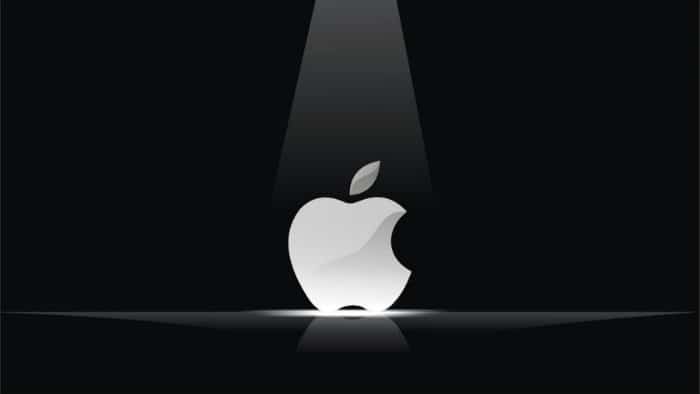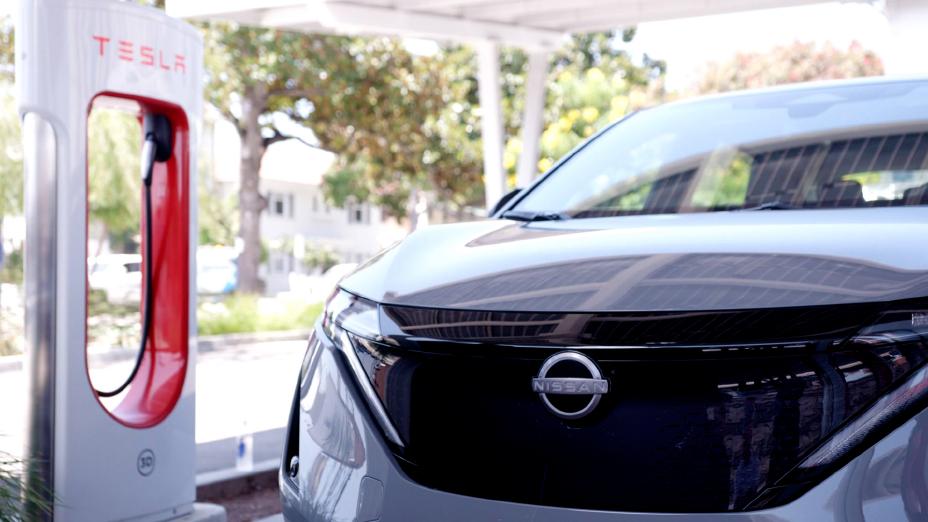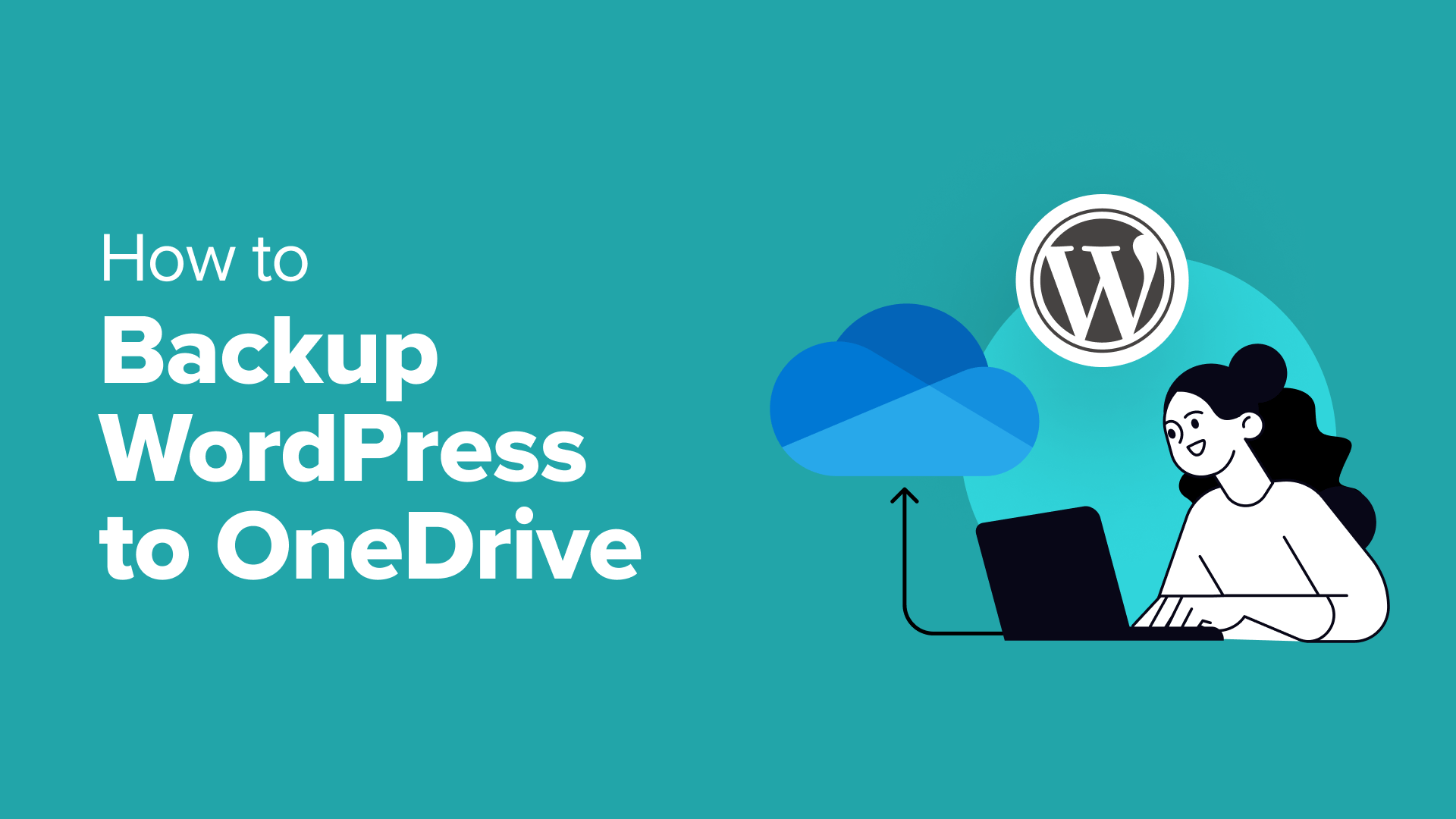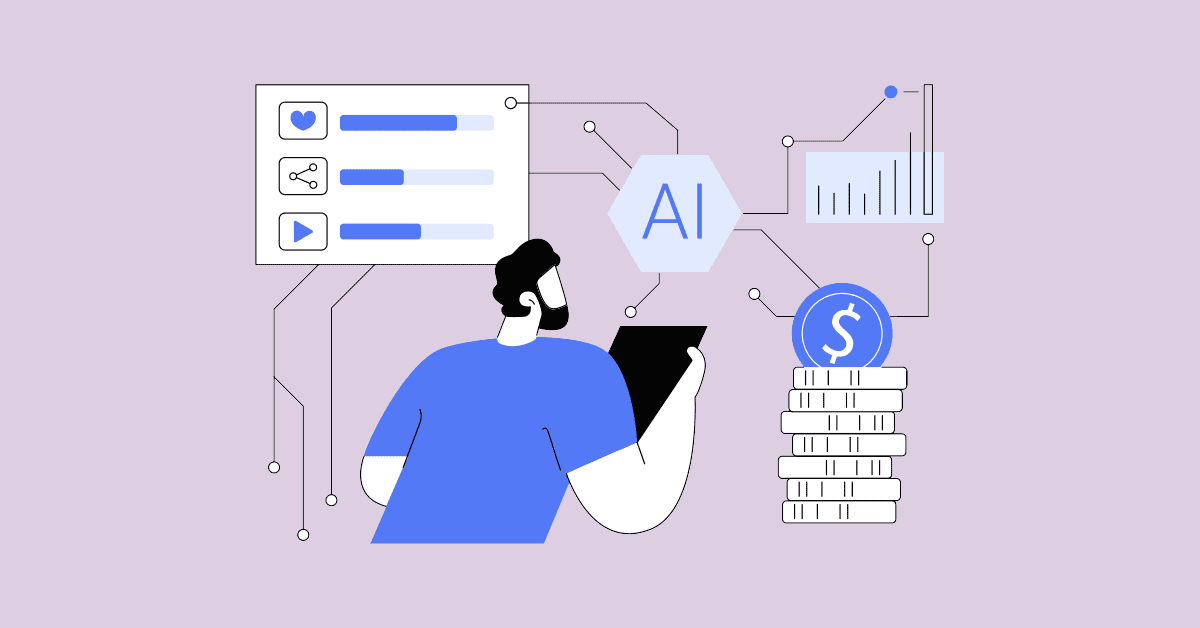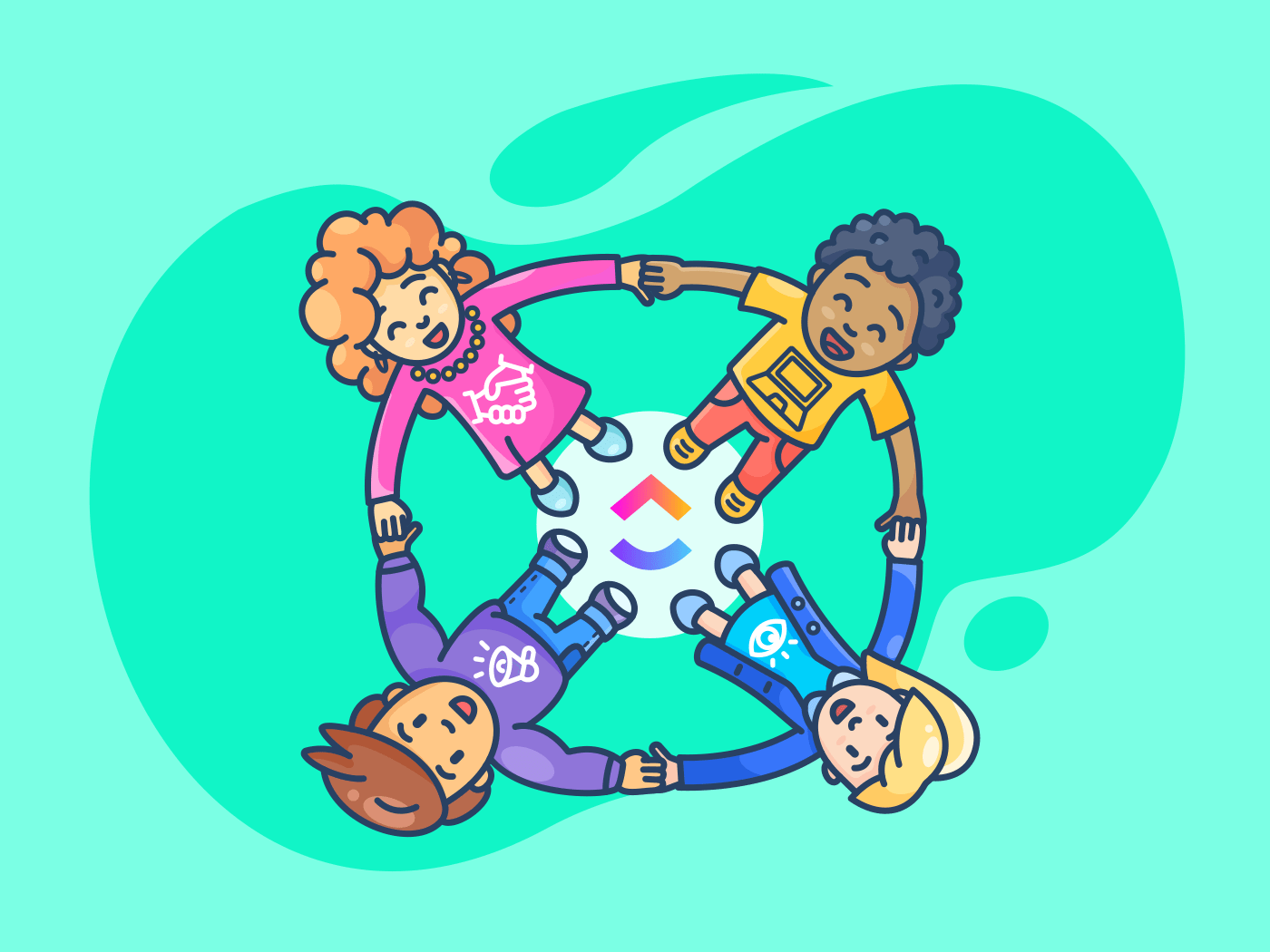While many marvel at the latest iPhone, the reality for some children in the Democratic Republic of Congo (DRC) is starkly different. They toil in dangerous mines, extracting the minerals—tin, tantalum, and tungsten—that power those devices. The DRC’s rich deposits of these crucial metals, used in computers and mobile phones, have unfortunately made the region vulnerable to unregulated small-scale mining, often with devastating consequences for local communities.
Over the past two years, individuals have lobbied for peace by calling for the “cancellation” of companies involved in unethical mining in the DRC. Earlier this year, human rights firm International Advocates sued tech giants Apple, Google, and Dell for allegedly profiting from child labour in their supply chains.
Now, the Congolese government is demanding justice, filing criminal complaints against Apple for its alleged role in this exploitation.
The government has filed criminal complaints against Apple and its subsidiaries in France and Belgium, accusing the tech giant of using conflict minerals in its supply chain. In the legal action filed on Monday, the DRC accused Apple’s French and Belgian subsidiaries of covering up war crimes, money laundering, handling stolen goods, and misleading consumers about the ethical sourcing of its products
These mines are operated by armed groups who keep the mines running through child labour. Buying from them means fueling the cycle of 40,000 children working in mines and pushing more children into similar conditions. It will also mean funding conflicts against the Congo government and revenue loss for the country. In March 2024, the UN reported that the number of internally displaced people in DRC had reached 7.2 million with more than 80% of displacements caused by armed attacks and clashes, all related to illegal mining.
While Apple maintains it is committed to ethical sourcing, pointing to its annual conflict minerals report and supplier audits, the filed complaints negate the iPhone maker’s stance. Congo’s legal team alleges that Apple benefits from minerals extracted through illegal mining operations in the country and then launder them through complex global supply chains, making the tech giant complicit in human rights abuses.
How does this implicate Apple? Companies like Apple are required under international laws to conduct due diligence. To be clear of these charges, Apple will need to prove the origins of its minerals. Additionally, it must prove it doesn’t purchase minerals that have been illegally extracted in Congo and subsequently laundered through legal supply chains.

